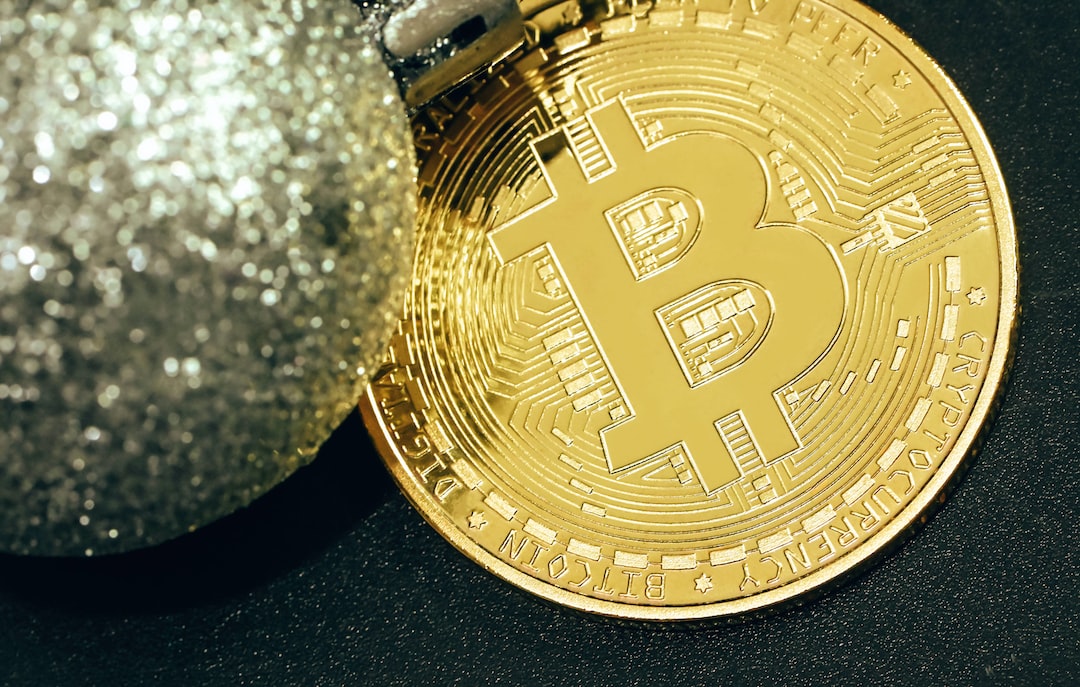The Bank of England’s Consultation on the Digital Pound Sparks Public Debate
The Bank of England’s consultation on the introduction of a digital pound has generated significant public discussion, highlighting concerns regarding privacy, the future of cash, and the functionality of the currency. Over 50,000 responses have been received by the bank, with Deputy Governor Jon Cunliffe addressing these concerns in a recent speech. He assured the public that if they were to use the digital pound, their personal information would remain as private as it is currently when making electronic payments. However, it is crucial to consider the safety of data when dealing with digital currency.
One common worry among respondents was that the central bank might exert control over the usage of the digital pound. Cunliffe dispelled this concern by stating that private companies would be responsible for creating and offering services for the digital pound, with users’ permission. This raises questions about the extent of power that private companies could hold and whether it could result in additional issues.
Critics argue that the rapid adoption of the digital pound could negatively impact the banking system and create financial instability. Some even question whether there is a genuine need for it, describing it as a “solution looking for a problem.” Cunliffe acknowledged efforts by banks and the government to ensure cash availability but raised concerns about a potential divide between cash and digital money.
The Bank of England Proposes Limits on Digital Currency Holdings
To address this issue, the Bank of England is suggesting limits on the amount of digital currency that can be held, particularly during its initial issuance phase. Additionally, Cunliffe mentioned that discussions regarding stablecoins, a form of cryptocurrency, will take place soon, providing insight into the bank’s perspective on further digital money options.
Hot Take: The Digital Pound Raises Concerns About Privacy and Power
The Bank of England’s consultation on the digital pound has ignited a heated debate about privacy, control, and the necessity of a digital currency. While Deputy Governor Jon Cunliffe reassures the public about data privacy, questions remain regarding the safety of personal information when dealing with digital currency. The concerns voiced by respondents also highlight worries about the potential concentration of power in private companies’ hands, leading to additional problems. Critics argue that the rapid adoption of the digital pound could disrupt the banking system and create financial instability, while skeptics question its need altogether. As discussions continue, the Bank of England aims to address these issues by proposing limits on digital currency holdings and exploring stablecoins as potential alternatives.





 By
By
 By
By
 By
By
 By
By
 By
By
 By
By